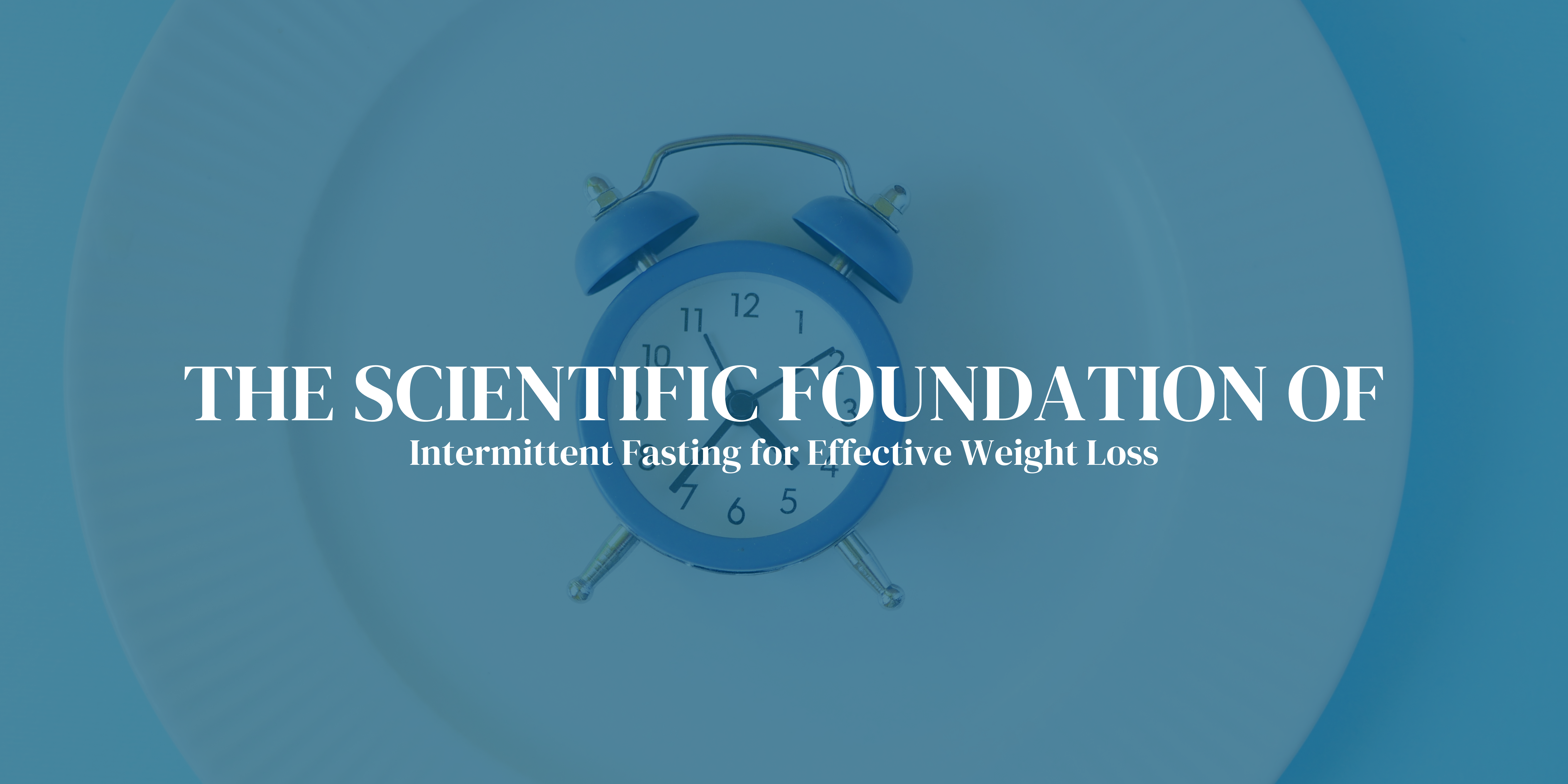As we step into the new year, many of us are eager to embark on a journey of self-improvement, and for most, that includes shedding a few pounds. While diet and exercise are often in the spotlight, there’s a crucial element that might be overlooked – sleep. At Cosmex Clinic, we believe that a holistic approach to weight loss should include a focus on quality sleep, and here are six reasons why.
- Avoiding Weight Gain Associated with Short Sleep:
Research consistently shows that short sleep duration is associated with a higher risk of obesity. Adults sleeping fewer than 7 hours per night have a 41% increased risk of obesity. This link is not limited to adults; children and adolescents also face an elevated risk. Lack of sleep influences hunger hormones, leading to increased consumption of high-fat and high-sugar foods.
- Moderating Your Appetite:
Adequate sleep helps prevent an increase in calorie intake and appetite. Studies reveal that sleep-deprived individuals consume an additional 385 calories per day, with a preference for high-fat foods. The imbalance of hunger hormones, ghrelin and leptin, plays a significant role in this phenomenon.
- Making Better Food Choices:
Poor sleep alters brain function, impacting decision-making and self-control. The brain’s reward centres become more stimulated by food when sleep-deprived, leading to unhealthy food choices. The consequences extend beyond decision-making, with sleep-deprived individuals displaying increased sensitivity to high-calorie foods and higher consumption.
- Preventing Late-Night Snacking:
Establishing a healthy sleep routine, including going to bed earlier, can help curb late-night snacking. Extended wakefulness increases the window of time available for eating, often resulting in poor food choices. Late-night eating is associated with weight gain and decreased fat oxidation, hindering weight loss efforts.
- Potential Benefits for Your Metabolism:
Adequate sleep may prevent a decrease in resting metabolic rate (RMR). Sleep restriction has been linked to a significant reduction in RMR, but catching up on sleep can normalise it. However, more research is needed to understand the relationship between sleep loss and metabolism fully. Sleep deprivation may also suppress fat oxidation and decrease muscle synthesis, affecting overall metabolic health.
- Enhancing Physical Activity:
The connection between sleep and physical activity is bidirectional. Regular exercise promotes better sleep, while a lack of sleep can lead to daytime fatigue, reducing motivation for physical activity. Prioritising sleep contributes to increased motivation, improved athletic performance, and a higher likelihood of achieving weight loss goals.
If your weight loss journey has hit a plateau, it might be time to evaluate your sleep habits. The evidence is clear – lack of sleep can sabotage your efforts by influencing food choices, increasing hunger and calorie intake, and hindering physical activity. As you embark on a new year of wellness, consider prioritising the often-overlooked element of a good night’s sleep.
At Cosmex Clinic, we believe that achieving your weight loss goals is not just about what you eat and how much you exercise but also about ensuring you get the rest your body deserves. Make sleep a priority, and watch as it becomes a secret weapon in your weight loss arsenal.
If you’d like to discuss your weight management with a professional, you can do so with one of our experts at Cosmex Clinic. Visit our website to learn more about weight management and to book a consultation on our website.




